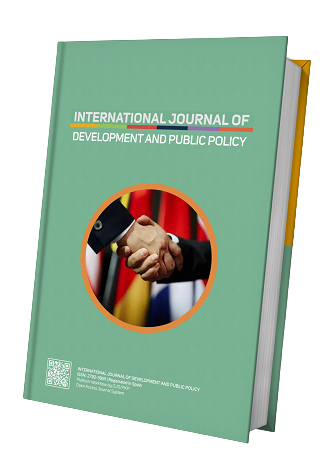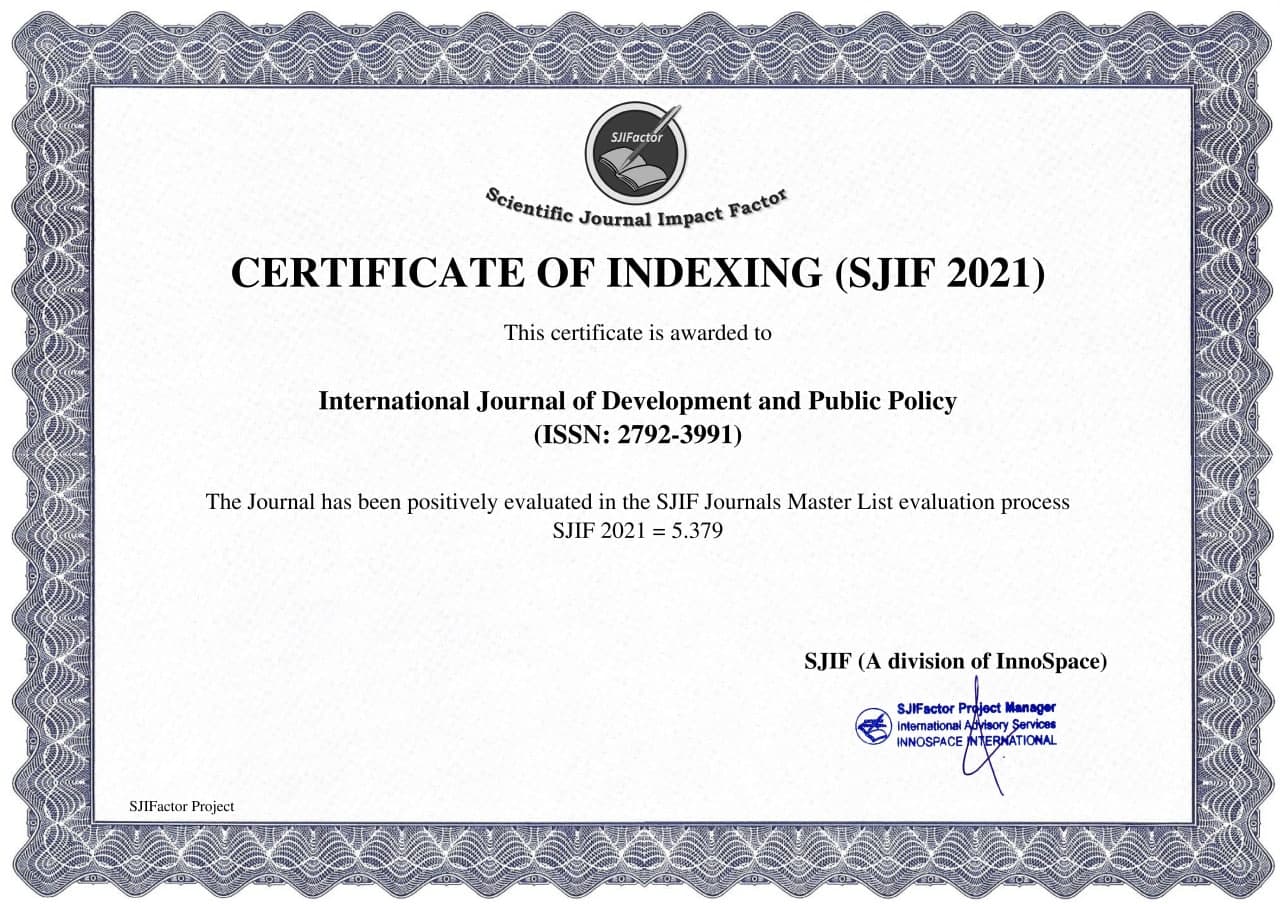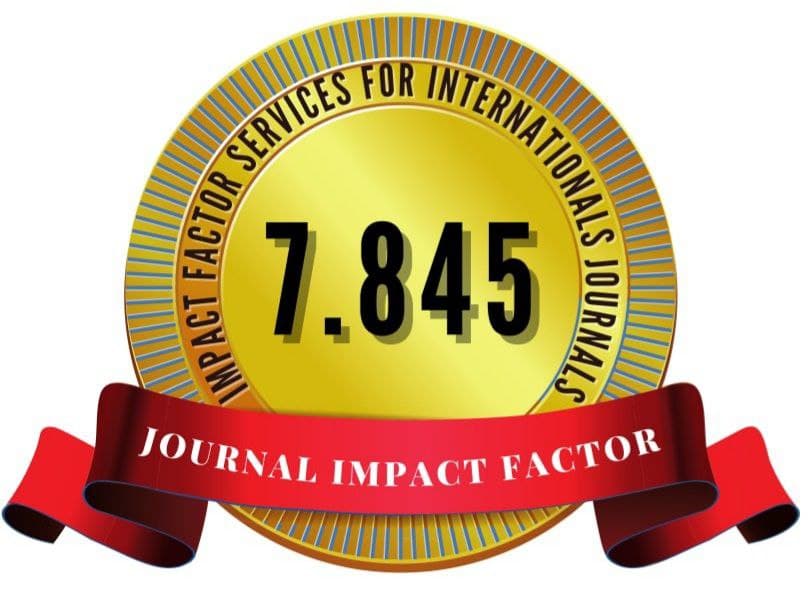The Trajectory of Border Management and National Security in Nigeria: An Empirical Analysis
Keywords:
Trajectory, Trajectory, Border, Border, management, management, Border management, Border management, National Security, National Security, Empirical, Empirical, Analysis, AnalysisAbstract
Effective border management is a sine qua non for ensuring national security. The study examined the factors limiting the effective security and management of Nigerian borders as well as the implications of poor border management on Nigerian national security. The human needs theory was adopted in this study. Both primary and secondary method of data collection used, while the content analytical model, mean and standard deviation were adopted as a design to analyse the data collected. This study made use of 300 participants as its sample size. The study revealed that the porous nature of the Nigerian borders, insufficient manpower and poor funding, corruption/disunity among security agencies, abuse of ECOWAS Free Movement protocol, and inadequate facilities & logistics are the factors limiting the effective security of borders in Nigeria. Also, poorly managed Nigerian borders led to the increased national insecurity challenges such as; influx of terrorists/rebels into the country, food insecurity, banditry and kidnappings, rise in criminal gangs’ activities, and illegal immigration and smuggling. The study recommended among others that, the Federal Government of Nigeria (FGN) should adequately fund, train, and equip the border security and control agencies such as the army, the police, Nigerian Immigration Service (NIS) and Nigerian Customs Service (NCS). This would boost their effectiveness and efficiency in abating border crimes and regulating the movements across the borders of Nigeria. The study concluded that proper border management to bring about improved national security demands the concerted efforts of the government on one hand, and the patriotism of the citizens on the other hand.






